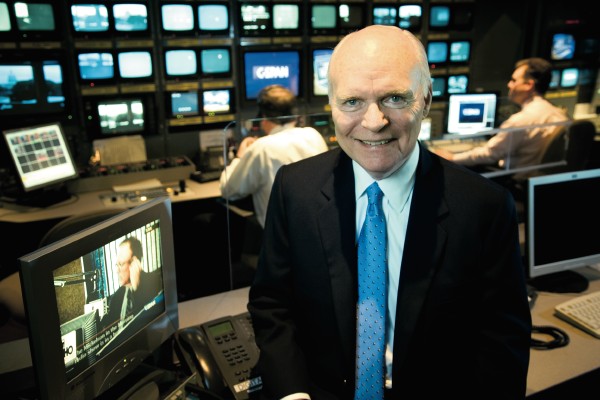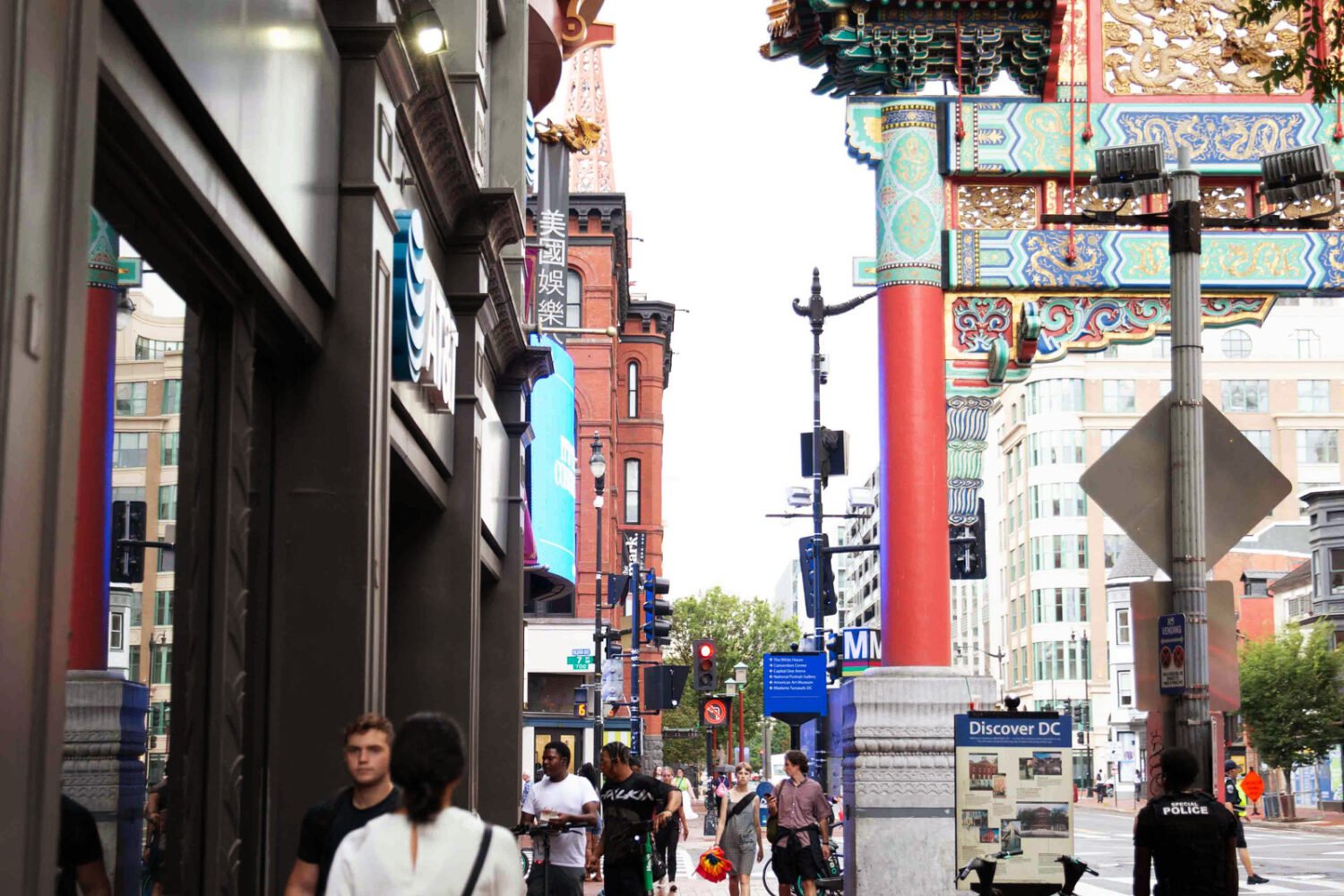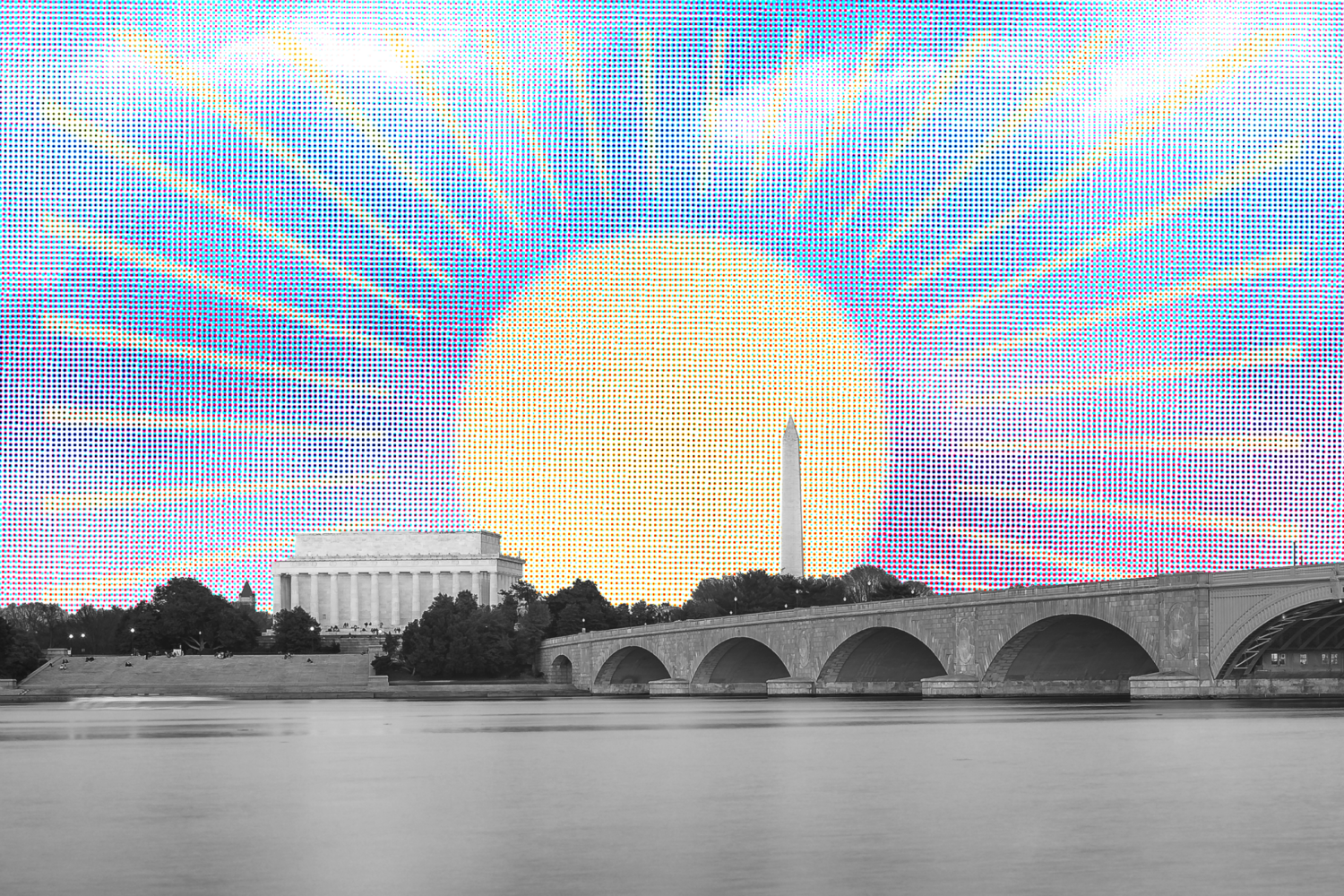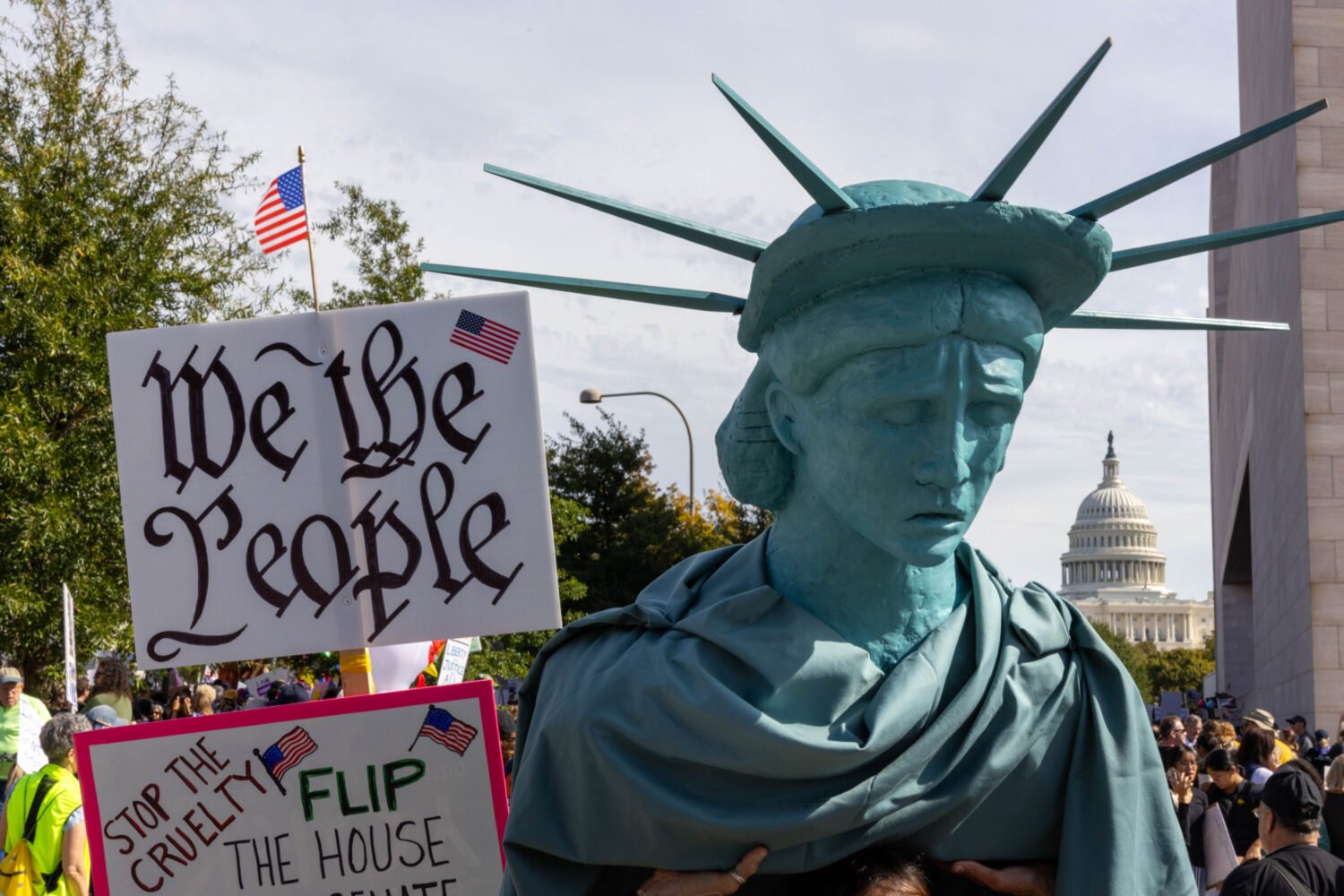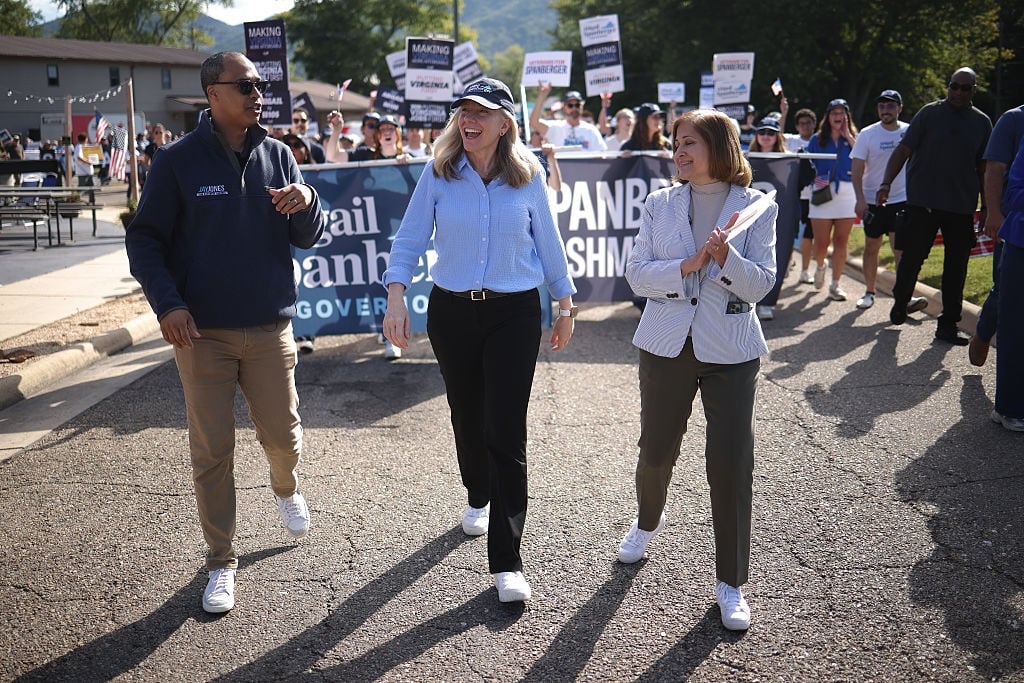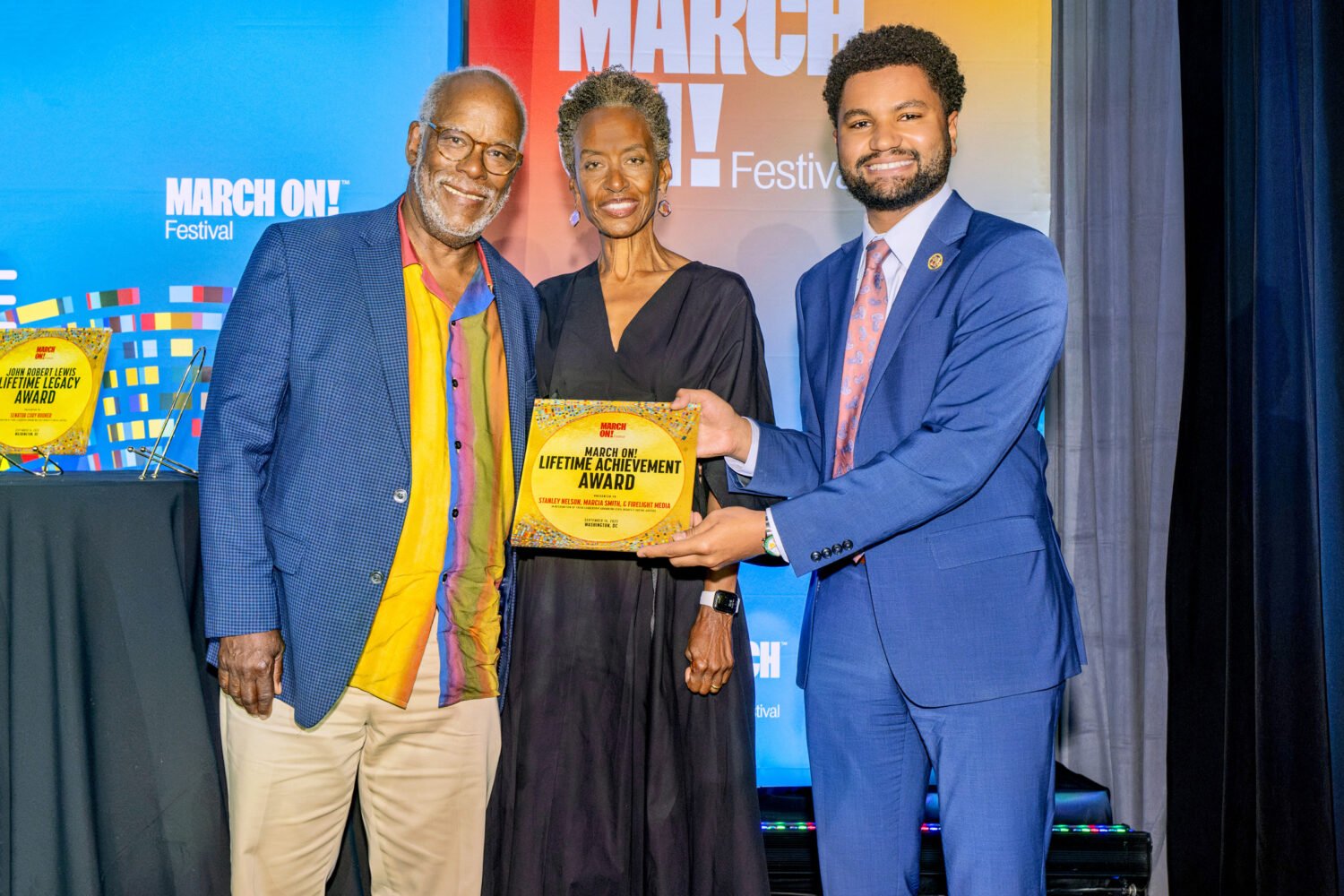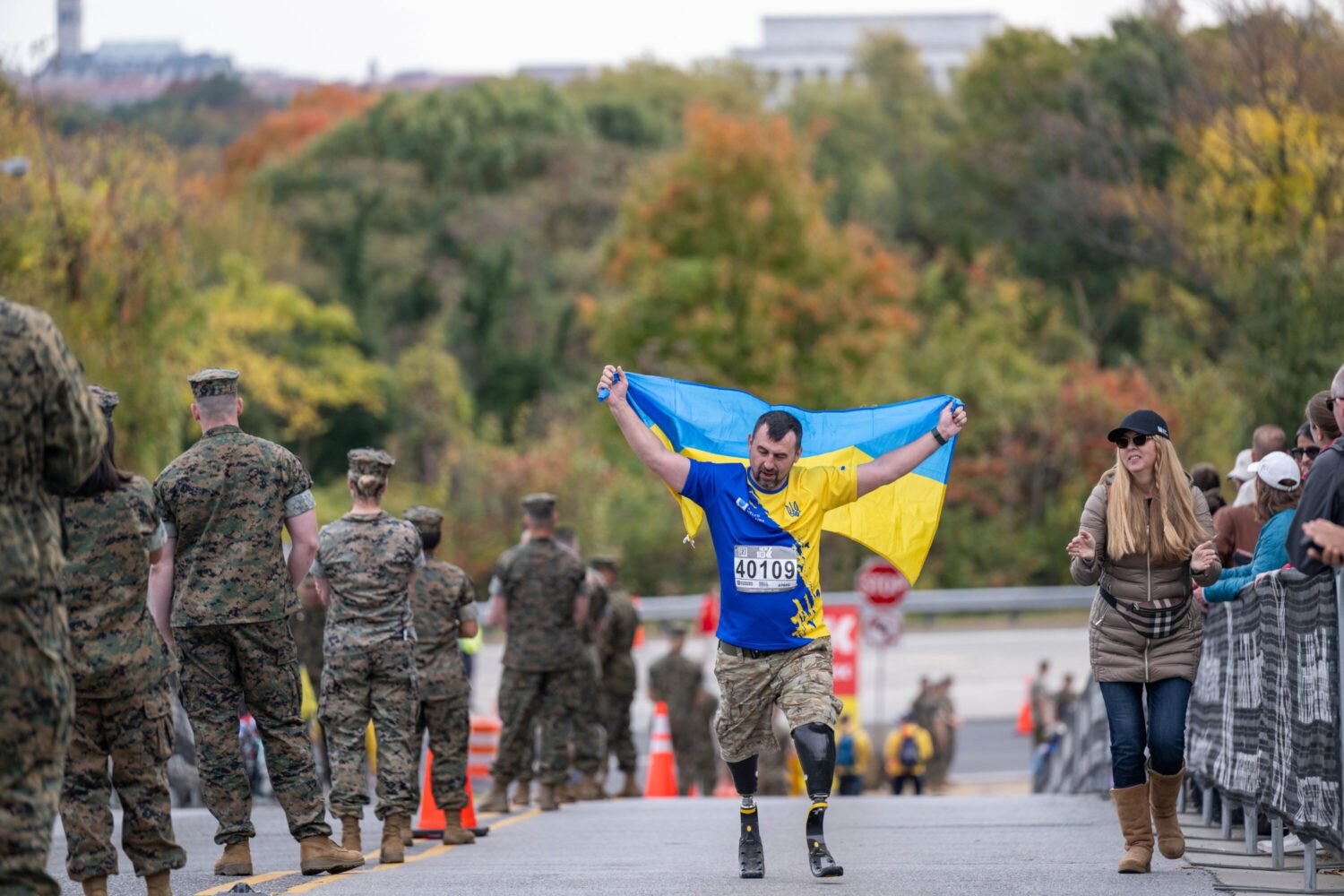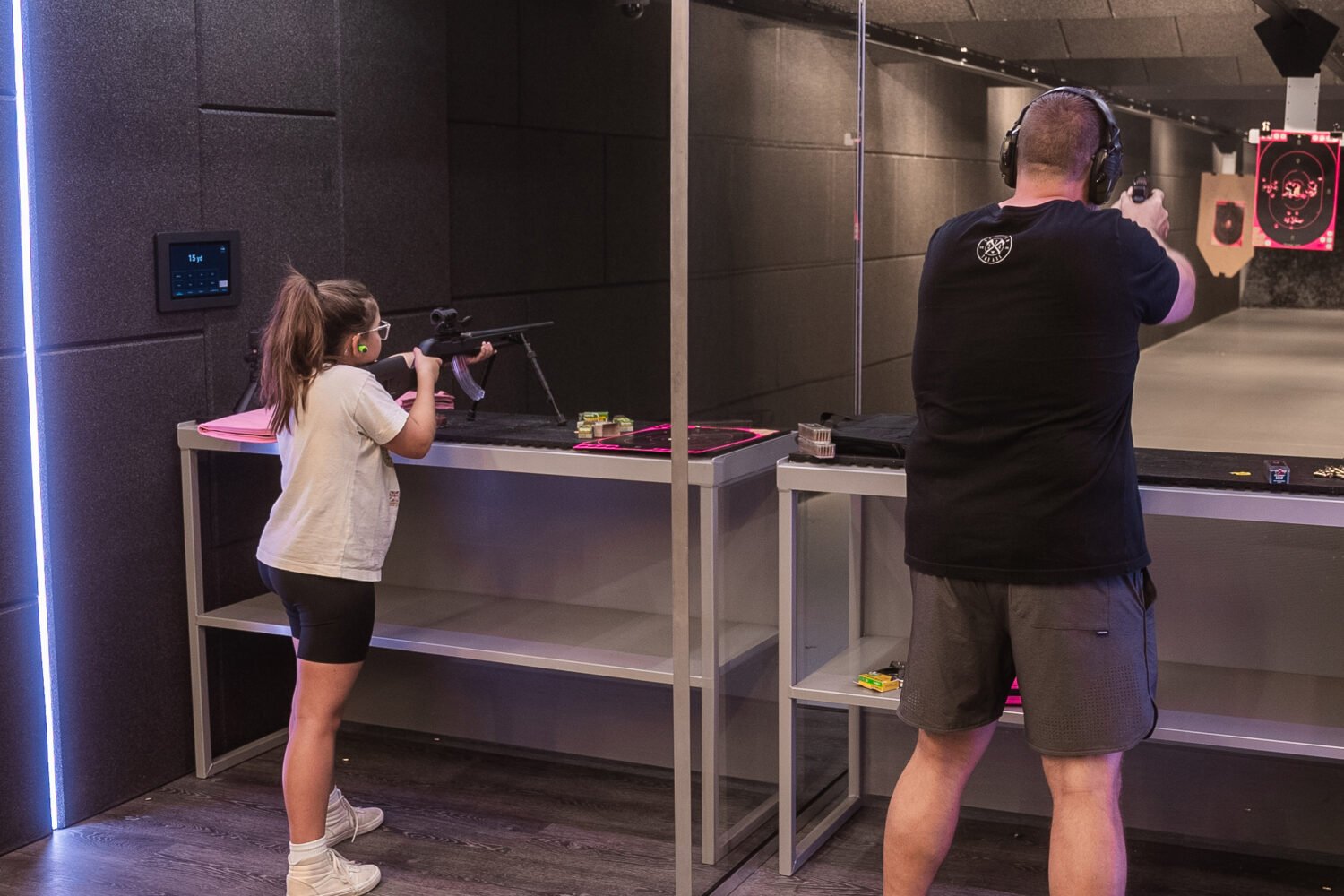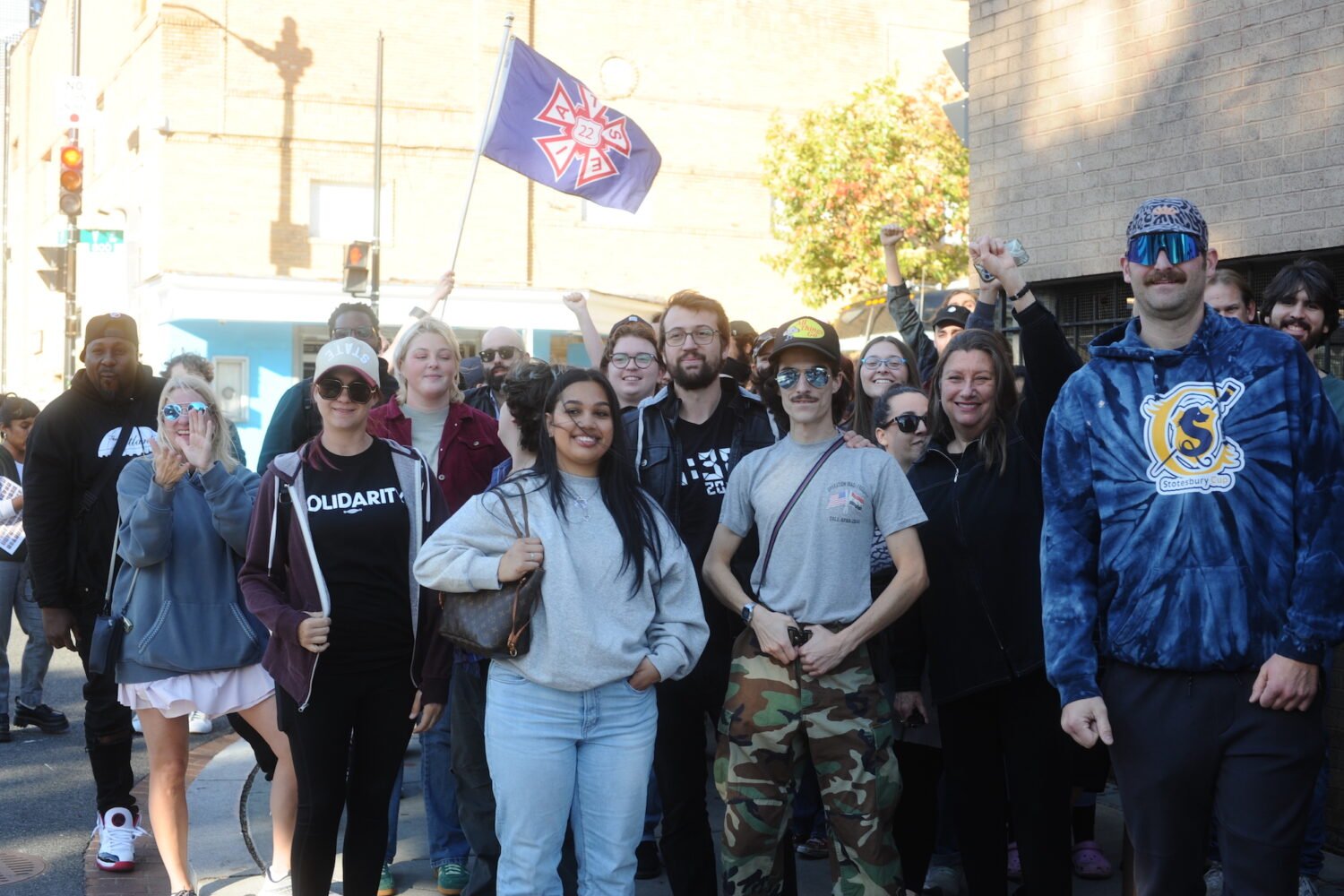C-Span is not television, says founder and CEO Brian Lamb: “It’s the antithesis of everything else on the air.”
Simply put, C-Span (Cable-Satellite Public Affairs Network) is the public’s window on Washington—unedited gavel-to-gavel coverage of congressional sessions, congressional hearings, speeches by policymakers at think tanks, White House briefings, and interviews with academics, authors, historians, journalists, and policy wonks.
C-Span has no big-salaried personalities and offers no razzmatazz for viewers with short attention spans. But the amazing thing is not just that tens of millions of people watch it—it’s that C-Span got on the air at all.
Cable TV was in its infancy when Lamb, then Washington bureau chief for Cablevision magazine, brought the idea for C-Span to a group of cable operators. He had 30 minutes to make his pitch.
Eventually 22 cable operators were sold on the idea. With $450,000, four employees, and one telephone line, C-Span went on the air in 1979, sharing a satellite with the Madison Square Garden Network. Congress was occasionally bumped by professional wrestling.
Brian Lamb’s first call-in show aired in 1980. “The lines have never stopped ringing,” he says.
C-Span now has three cable-TV channels. C-Span Radio is carried nationwide on the XM network.
Lamb credits visionary cable operators for much of the networks’s success. C-Span’s sole support comes from the cable systems that carry its programs; it has never received government funds and has no advertisers.
Lamb has been the face and the spirit of C-Span since its beginning. “I was cheap talent,” he says. None of the hosts was paid to be a host—all had other jobs at the network.
But Lamb sees audience members as the real stars of the show. “This is the only place where the public has a leading role,” he says. “We’re the voice of the nation.”

